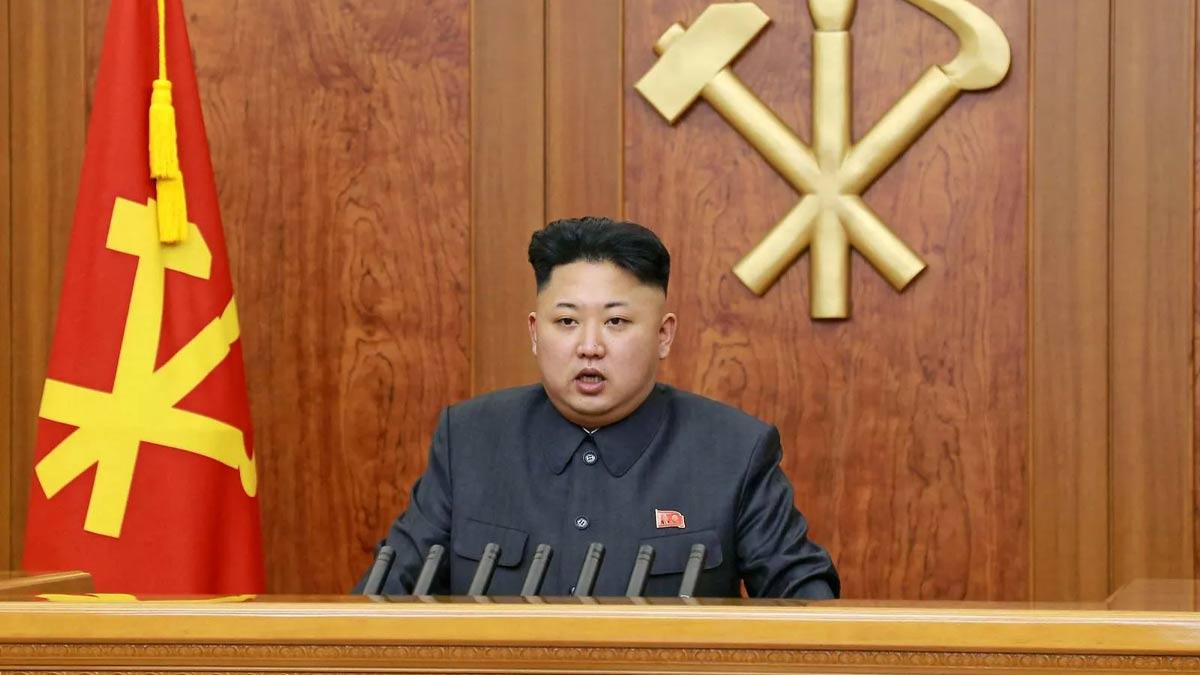The Seoul Unification Ministry has released a comprehensive report on North Korea's economic and social situation, shedding light on the sentiments and circumstances within the country. The 280-page report, based on interviews with 6,351 North Korean defectors conducted between 2013 and 2022, reveals significant shifts in public opinion and socioeconomic dynamics.
One notable finding is the growing skepticism among North Koreans regarding Kim Jong-un's leadership and the legitimacy of the Kim family's hereditary power succession. According to the report, a considerable percentage of defectors viewed Kim Jong-un's assumption of power as inappropriate, reflecting a trend of increasing dissatisfaction with the ruling regime.
The report also highlights the erosion of support for the "Paektu bloodline" narrative, which glorifies the Kim family's lineage. Negative sentiments towards the hereditary leadership system have intensified since Kim Jong-un's ascent to power, with a significant proportion of defectors expressing doubts about the legitimacy of the succession.
In addition to political disillusionment, the report underscores the pivotal role of markets in sustaining livelihoods within North Korea. With the collapse of the food rationing system, markets have become indispensable sources of income and essential goods for the populace. Economic activities in the private sector, including informal trading, smuggling, and housing construction, have proliferated, reflecting a growing reliance on market-based initiatives.
Despite the regime's efforts to maintain control, the influx of outside information has permeated North Korean society, challenging state narratives and fostering awareness of alternative perspectives. Access to foreign media, particularly through USBs and other devices, has provided North Koreans with glimpses of the outside world, undermining the regime's monopoly over information.
The report also sheds light on shifting gender dynamics within North Korea, as more women participate in economic activities and experience social changes. While women's economic empowerment has increased, gender equality remains limited, with the regime reinforcing traditional gender roles and societal norms.
Overall, the report paints a complex picture of North Korea's evolving socioeconomic landscape, characterized by discontent with the ruling regime, growing economic resilience through market activities, and exposure to external influences despite state censorship efforts. As North Korea grapples with internal challenges and external pressures, the findings underscore the resilience and adaptability of its people amidst ongoing political and economic uncertainties.
(With Agency Inputs)
Read also| India Maintains Silence on Internal Political Situation in Maldives: No Official Comment


















